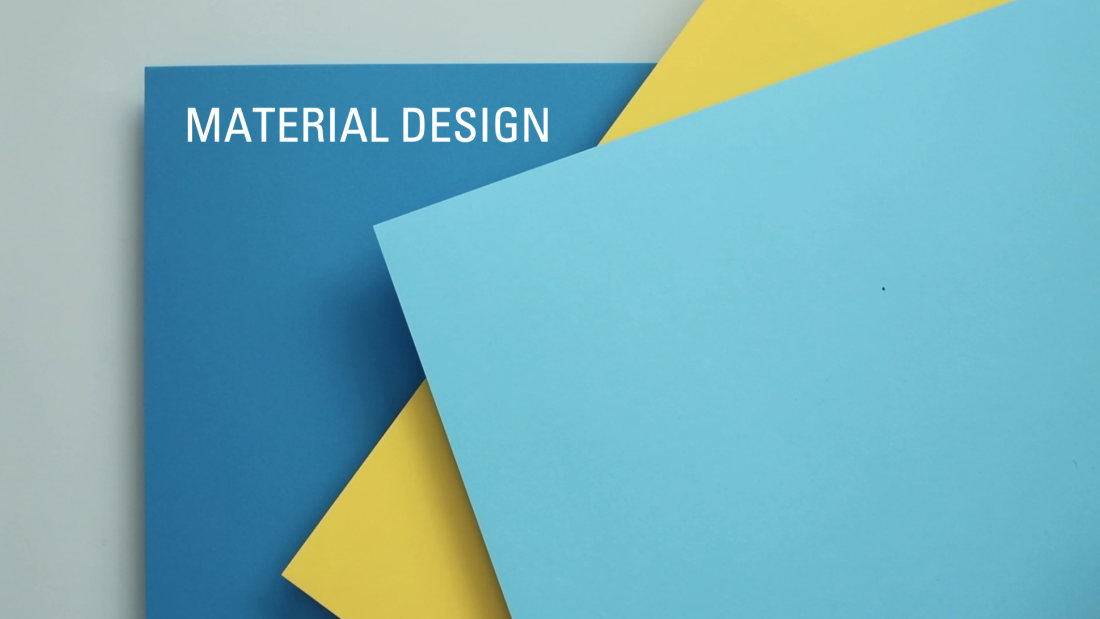Join us for a fascinating talk as Tessa explores the evolution of materials design, from pre-bronze innovations to modern advanced steels and ceramics!
Appropriate materials are key enabling technologies for almost everything. In many cases, such as space travel and nuclear fusion reactors, we don’t yet have materials that can withstand the harsh environments, meaning that although we have answered the scientific questions of how, we cannot build the machines. In other cases, such as aircraft and turbines in power plants, improved materials could increase their fuel efficiency, reducing cost and environmental impact.
With this in mind, design and development of new materials is crucial and ongoing. With the advent of supercomputing methods to simulate materials, it has become possible to dramatically accelerate this process of materials recipe development, or Integrated Computational Materials Engineering (ICME). This talk will introduce methods of materials design from before the invention of bronze alloys to the design of advanced steels and functional ceramics today.
Dr Tessa Davey is the UKAEA Reader in Materials Modelling in the Nuclear Futures Institute in the School of Computer Science and Engineering at Bangor University. She joined Bangor University in 2023 from Tohoku University in Japan, where she was faculty for over six years at the Fracture and Reliability Research Institute in the Graduate School of Engineering. Previously, she worked at Imperial College London in the Department of Materials, which is also where she obtained her PhD. She is originally from Aberystwyth in west Wales, where she received Welsh-medium secondary education.
The goal of her research is to discover and develop new materials that will be used in the most extreme conditions, such as in nuclear reactors or on leading edges of hypersonic vehicles. She has previously worked extensively with ultra-high temperature ceramics, nickel-base superalloys, and advanced alloys for accident-tolerant nuclear fuels. She has a strong interest in computational materials design using data-driven techniques such as materials informatics and machine learning and has previously developed methods to efficiently guide phase diagram investigations using sequential learning and uncertainty quantification. She is also interested in discipline-based educational research regarding equitable access to education, as well as being passionate about equality, equity, and representation in the STEM field.

